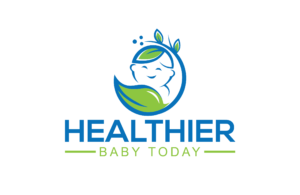Is a mother in her 30s like me alright – Learn more with Healthier Baby Today! Your chances of becoming pregnant increase as you approach your 30s.
Roughly 1 in 4 women in their early 30s become pregnant in any given cycle, asking themselves is a mother in her 30s like me alright.
Table of Contents
1. Why are More Women Getting Pregnant In Their 30s
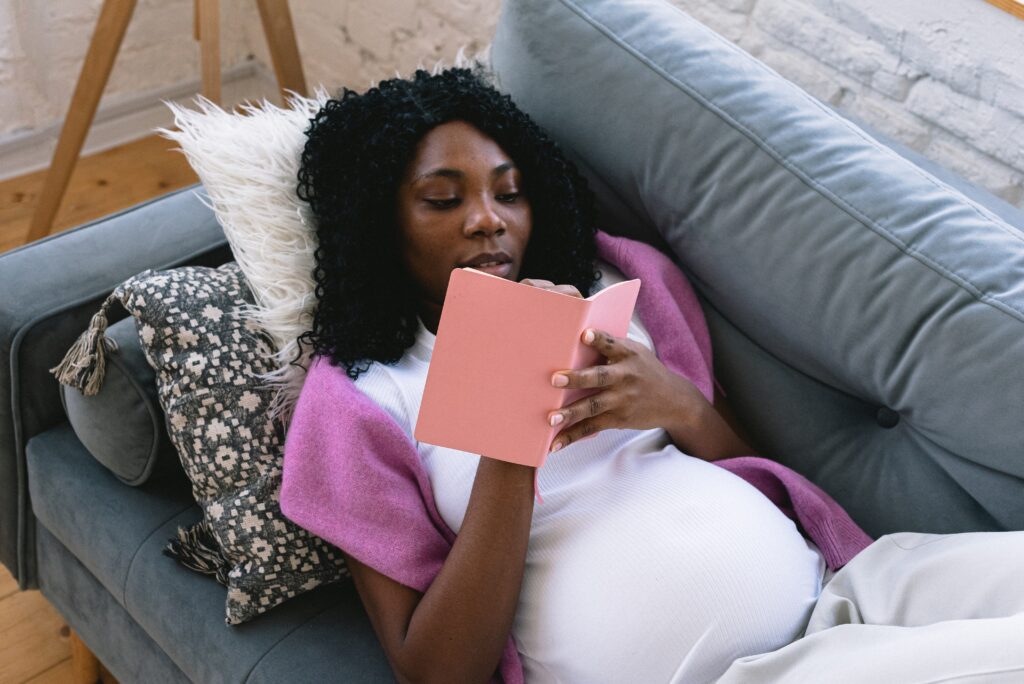
Women between 25 and 29 had the most incredible birth rate for many years, this increased the step mother freinds.
However, the Centers for Disease Control and Prevention (CDC) discovered in a research study conducted in 2016 that, for the first time, women in their 30s were giving birth to more children than women in their 20s.
The average age of first-time mothers has increased from 21 in the 1970s to 26 in 2018, according to a separate study (and from 27 to 31 for male partners). Why, then, do more women have children in their 30s?
There are several leading causes including the influence of step mother freinds:
1. Finances
Money is the main reason women put off having children, according to a 2020 survey.
In actuality, 51% of respondents wanted a higher salary first, and 60% wanted more money saved before having children.
Having a child is expensive and, on the high end, may cost up to $23,380 annually.
2. Effects On One’s Health
The same 2020 survey found that 46% of participants feared COVID-19, having access to prenatal care, and having the financial means to pay for fertility treatments should they be required.
On the other hand, women now have more options for when to have children because of increased access to effective birth control.
3. Social Customs
Before raising a family, some women want to ensure they have secure careers or achieve a specific job title like their step mother freinds.
Additionally, many would-be mothers could not afford to have children. They may put off getting pregnant because the United States has no mandatory paid maternity leave policy.
Additionally, studies have indicated that after having children, women’s earnings might be up to 20% lower than men’s over their careers.
4. Technology for assisted reproduction (ART)
Fertility therapy has lost some of its stigmas over time (due in part to social media), and women are more aware of choices like egg freezing that can allow them to have children later in life (if they have the financial means to do so).
2. Is It Harder Getting Pregnant In Your 30s?
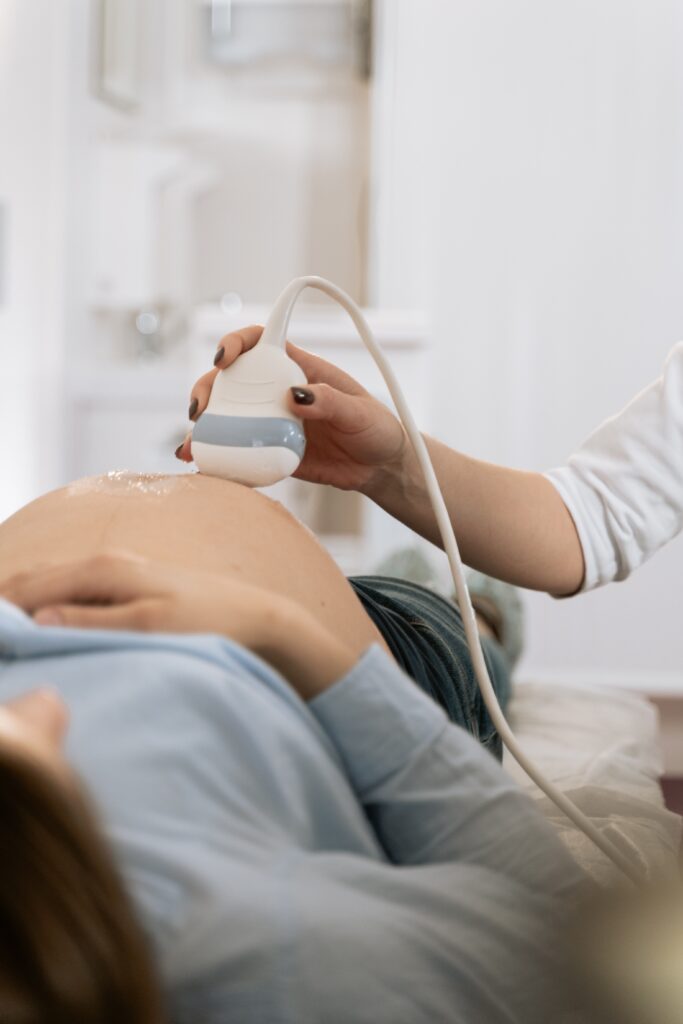
The short response is, perhaps—a woman’s fertility peaks in her twenties and thirties. Fertility gradually begins to decline at about age 30 is a mother in her 30s like me alright.
Early in the decade, the majority of women are trouble-free. Even when you approach your late 30s, there is a 65 percent probability that you will become pregnant within a year.
At age 37, fertility starts to decline more quickly according to step mother freinds.
When it comes to getting pregnant in your 30s, there are some hazards to be aware of.
But remember that being pregnant is still highly likely to happen to you in your 30s is a mother in her 30s like me alright, especially in your early 30s.
3. Risks of Miscarriages
Early in your 30s, the risk of miscarriage progressively increases, but at about 35, things start to alter.
Each pregnancy has a 20 percent risk of miscarriage for women over 35. The trouble is approximately 40% by age 40, and it rises to about 80% by age 45.
The likelihood that an aberrant chromosome number, such as additional or missing chromosomes, may result in a miscarriage increases with the egg’s and the woman’s age according to step mother freinds.
That’s because women are born with all the eggs they’ll ever have, and as they get older, the amount and quality of these eggs decline, in contrast to males, who continue to generate sperm throughout their lives.
4. Age Affecting Eggs
Women may find it more difficult to conceive as they age and may have a more significant risk of doing so with a bad egg, which might lead to a miscarriage or a baby with a genetic disorder like Down syndrome.
After age 35, although the risk is still modest, there is a rapid increase in the likelihood of chromosome anomalies in embryos according to step mother freinds.
The possibility of having Down syndrome at age 25 is one in 1,400. The chance is approximately 1 in 350 at age 35; it rises to 1 in 100 at age 40.
5. Ectopic Pregnancy And Other Health Complications
Women over 35 have a more significant risk of developing gestational diabetes and preeclampsia than younger women and ectopic pregnancies.
Pre-existing problems like obesity, hypertension, and diabetes are much more common in women of this age range before they get pregnant.
Once you find out you’re pregnant, your doctor will talk to you about your options for genetic screening of the pregnancy because chromosomal abnormalities get worse as we age.
Many expectant step mother freinds want to know if a chromosome is missing or if there is an extra one (as in Down syndrome).
Non-invasive tests such as cell-free fetal DNA blood tests and sophisticated ultrasounds are available.
6. Cesarean Birth
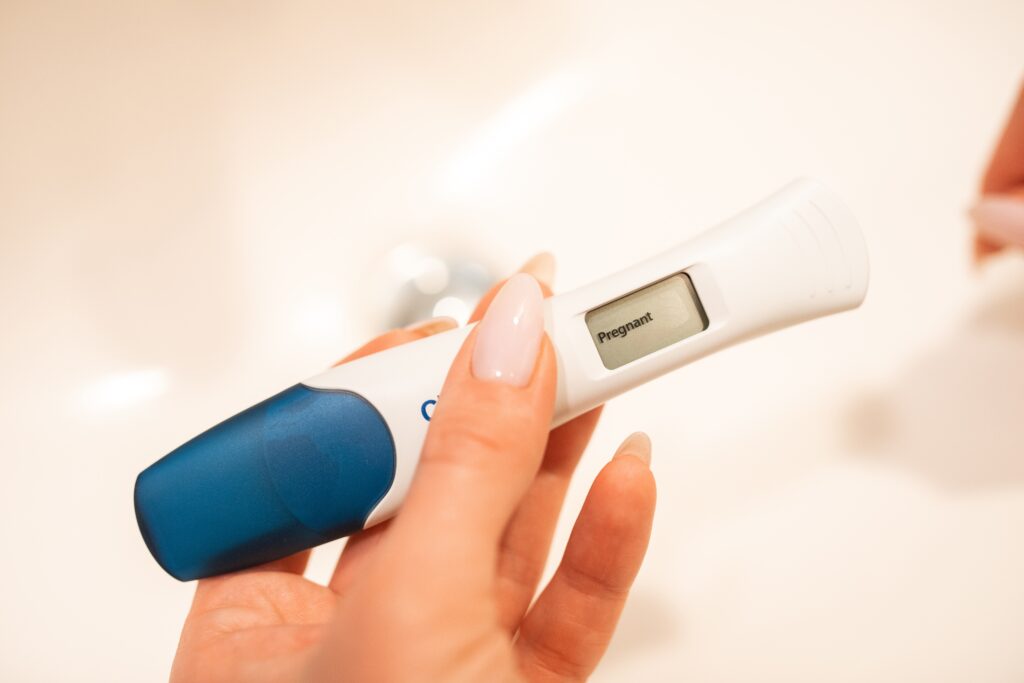
Additionally, cesarean rates are higher in women over 35: Compared to mothers in their 20s, women this age had a roughly 43 percent likelihood of giving birth via C-section.
According to experts, older step mother freinds are more likely to experience pregnancy issues, including fetal distress or protracted second-stage labor, which raise the likelihood of cesarean births.
7. Multiples
Even without the reproductive procedures that increase the likelihood of multiple births, women ages 35 to 39 are marginally more likely to give birth to twins.
You usually release one egg per cycle. However, follicle-stimulating hormone (FSH) levels rise with age.
A greater FSH increases your likelihood of removing more than one egg in a process, which may increase your chances of having multiple babies and, in certain situations, a high-risk pregnancy.
8. Advantages Of Getting Pregnant In Your 30s
There are several benefits to starting a family or having your first child later in life, even though it’s biologically easier to do so while younger.
Although you probably have your unique motives for wanting to become pregnant right away, the following are some potential advantages:
- Because you’ve had more time to create your job, you might earn more money and feel more secure in your finances.
- According to studies, women who had their first child at or after age 33 have a higher chance of surviving to 95 (compared to younger mothers).
- Additionally, studies have shown that older mothers were less likely to use physical or verbal punishment on their children, and their children had fewer behavioral, social, and emotional issues than younger mothers.
9. When To See A Fertility Specialist About Fertility Issues
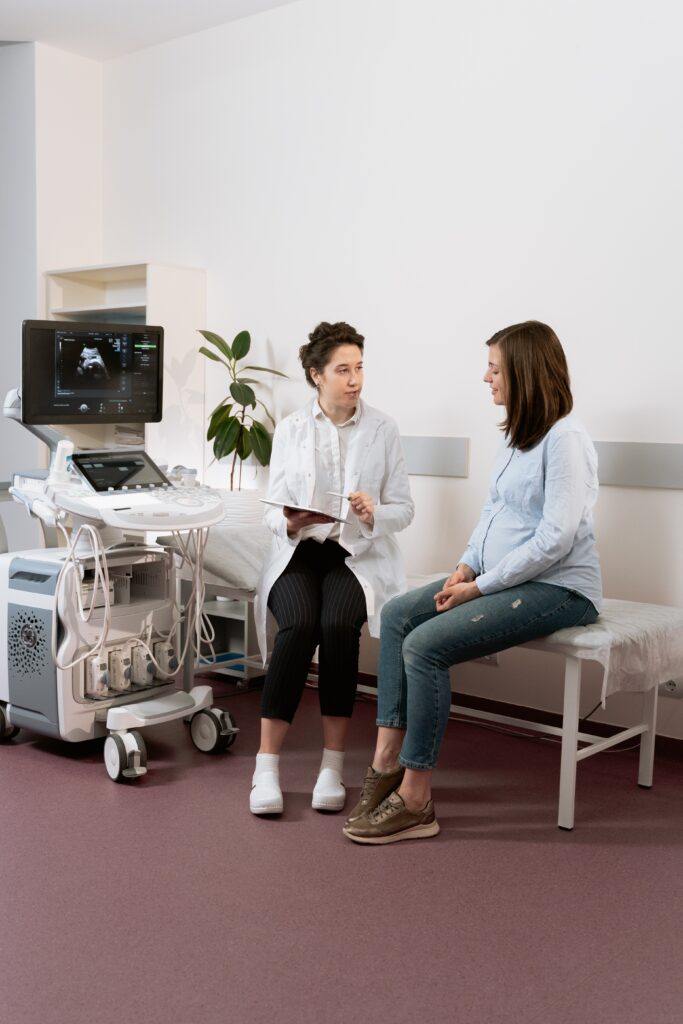
As a general guideline, if you’re under 35 and have engaged in regular (two to three times per week) unprotected intercourse without getting pregnant for a year, it’s time to see a reproductive endocrinologist (RE), commonly known as a fertility specialist.
These doctors specialize in fertility and are obstetricians.
If you’ve had frequent unprotected sex for at least six months and aren’t pregnant but are 35 or older, contact a specialist.
Additionally, it doesn’t harm to get a specialist even sooner if there are any indications that you could have difficulties conceiving, such as a history of irregular or skipped periods, sexually transmitted illnesses, or pelvic pain.
10. What to Know About a Hysterosalpingogram
There is no shame in taking control of your reproductive health by visiting a reproductive endocrinologist.
A year of unprotected sex results in 1 in 5 heterosexual couples being unable to conceive, and 1 in 4 women experience difficulties carrying their pregnancies to term (also known as recurrent pregnancy loss or multiple miscarriages).
A hysterosalpingogram, or HSG, may be performed to examine your uterus and fallopian tubes in addition to blood testing to see if there are any issues with your ovaries or hormone levels at the beginning of a fertility examination.
Your male spouse will go through a semen analysis. Regarding your alternatives, your provider will give you advice based on your particular situation and outcomes.
Is a Mother in Her 30s Like Me Alright to Conceive…
Becoming pregnant at age 40 becomes biologically more challenging, and you have a greater chance of miscarriage, chromosomal problems, and other pregnancy concerns.
Is a mother in her 30s like me alright to conceive naturally? Most women in their 30s will become pregnant quickly.
There are several strategies to increase fertility and safe pregnancy if you’re ready to become pregnant.

